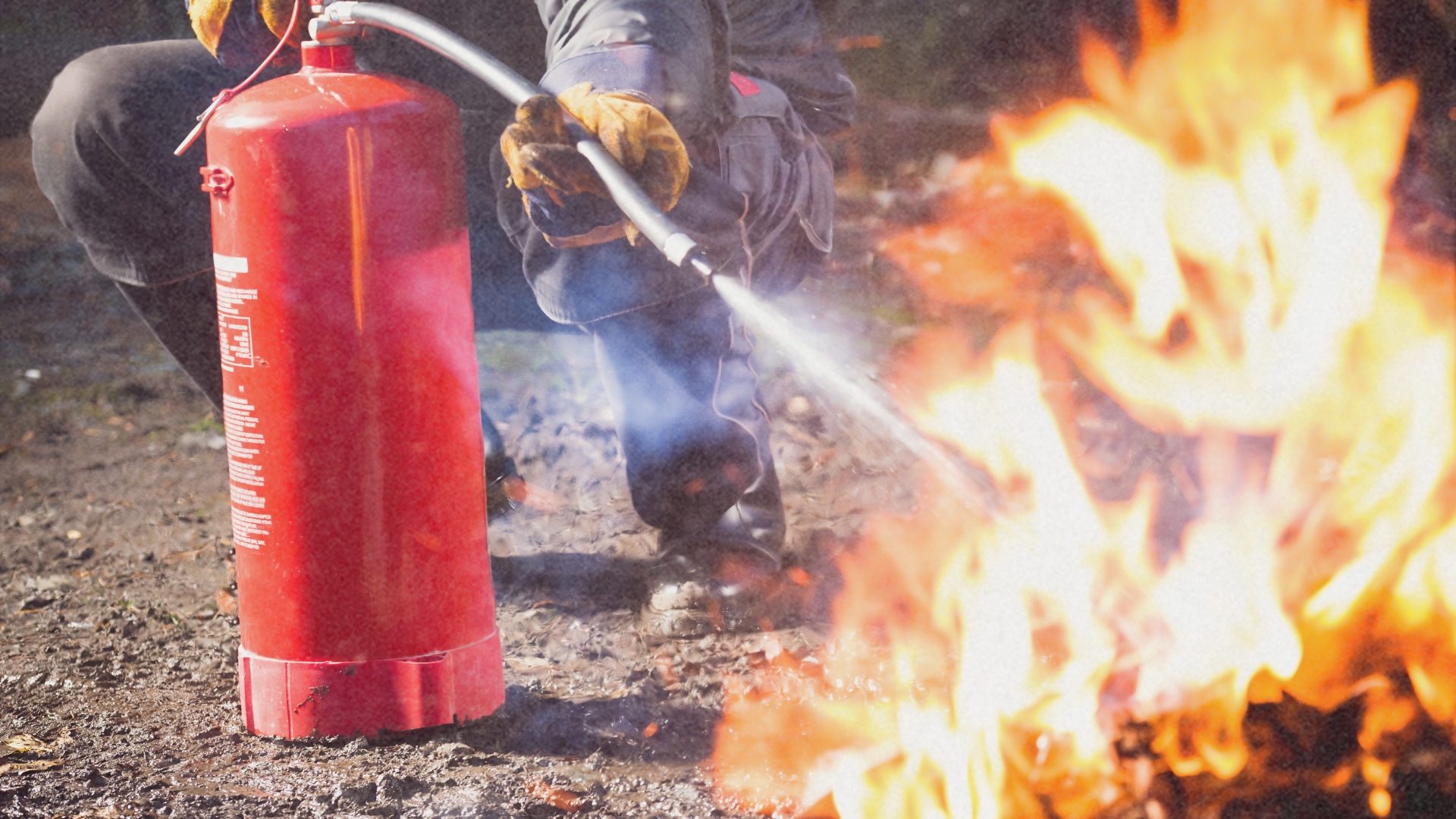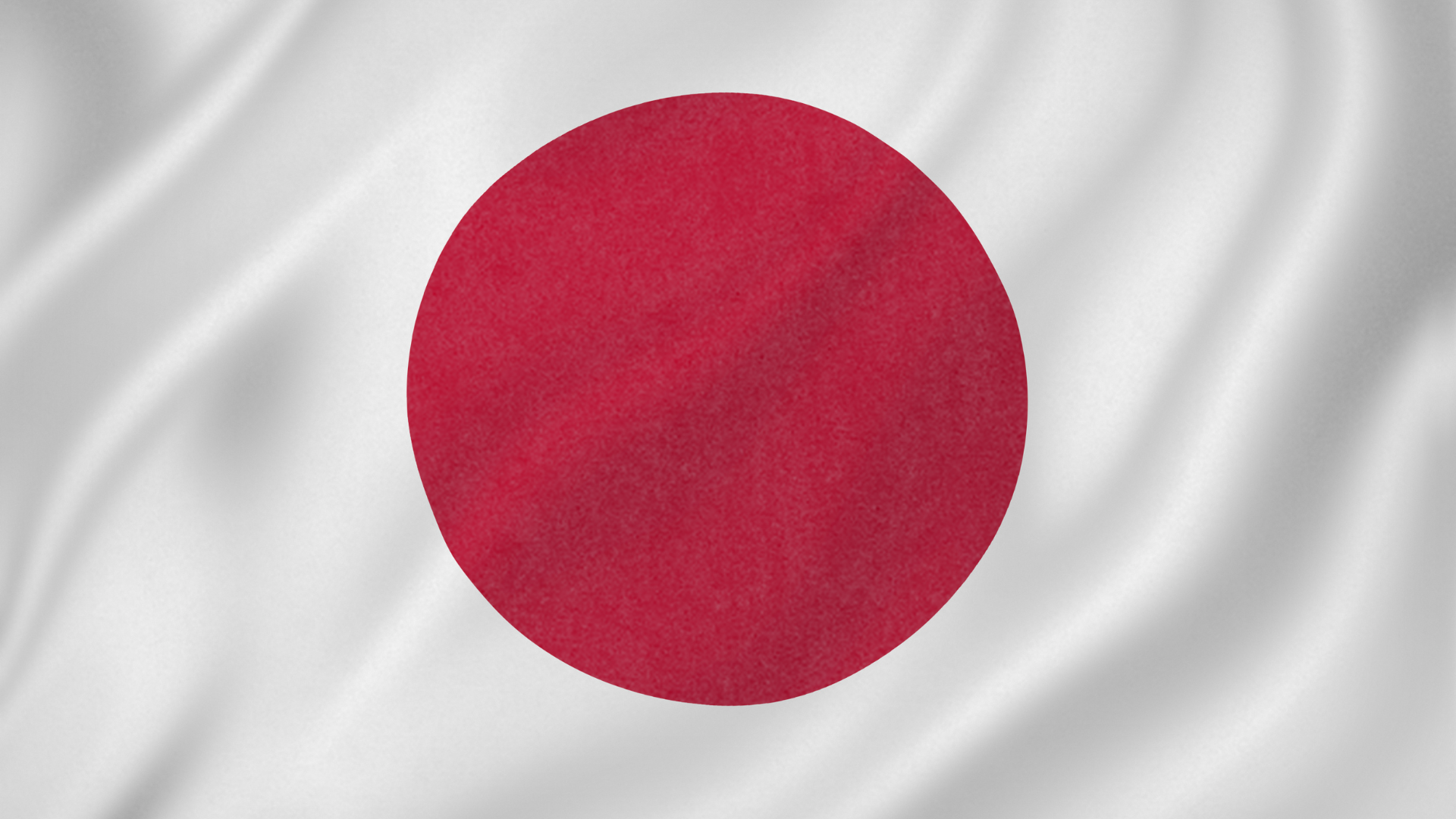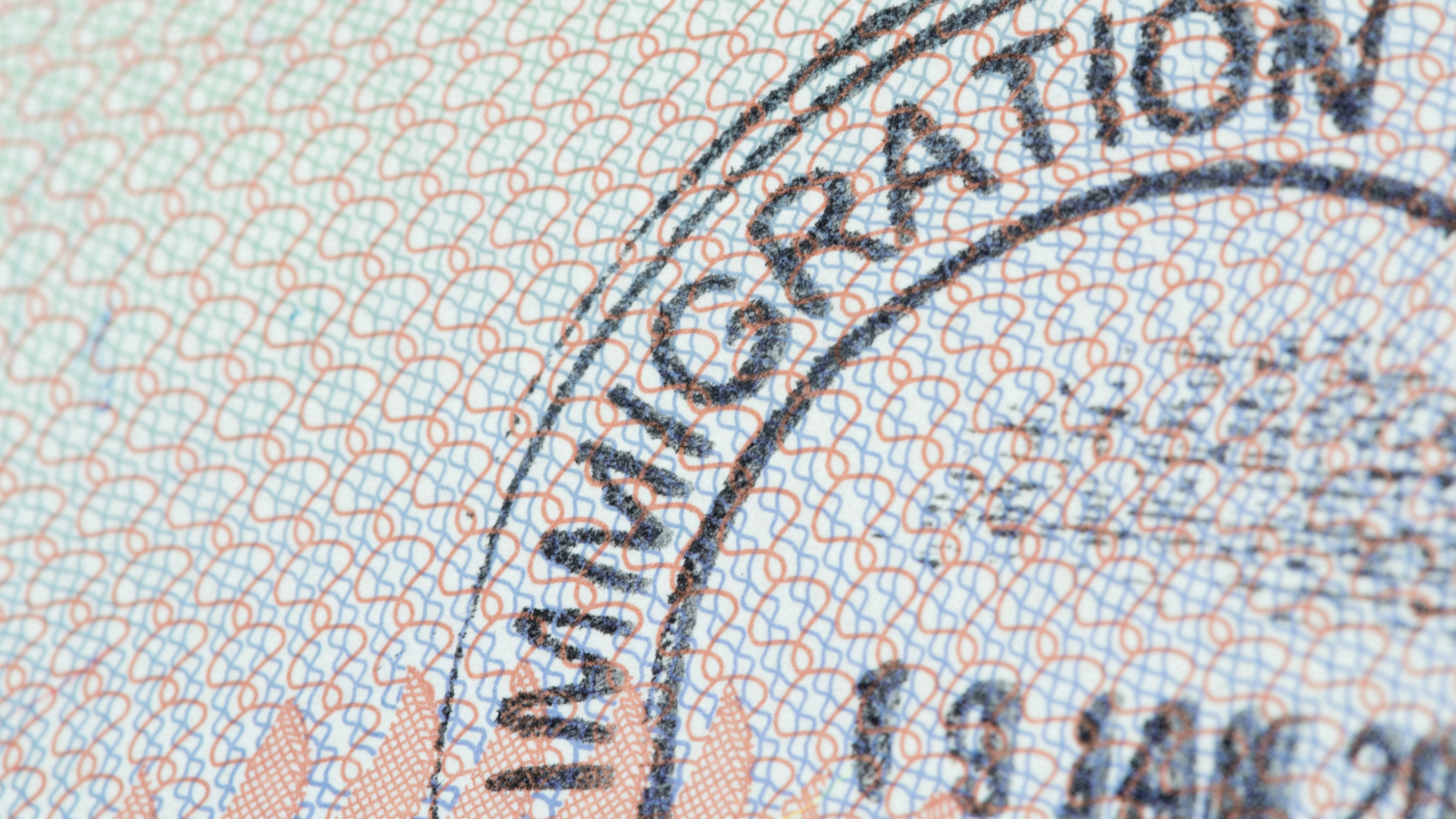The Department of Environment and Natural Resources (DENR) destroyed on Friday more than five tons of smuggled elephant tusks using a road roller, making the Philippines the first country in Asia to physically destroy such a huge stockpile of ivory. This was done in support of global efforts to stamp out illegal wildlife trade.
DENR Secretary Ramon J.P. Paje said that the government’s decision to crush the ivory tusks was a reaffirmation of the country’s commitment to the Convention on International Trade in Endangered Species of Wild Flora and Fauna (CITES).
“This act is a strong statement to the rest of the world that the Philippines is serious and will not tolerate illegal wildlife trade,” the environment secretary said.
The Geneva-based CITES is an international treaty developed in 1973 to regulate commercial trade in certain wildlife species, including the critically endangered elephants.
During the recent Conference of Parties of CITES held last March in Bangkok, Thailand, the Philippines was included in the eight top priority countries with concerns regarding illegal ivory trade. The Philippines, in particular, serves as transit country in the illegal ivory trade.
The other seven are Kenya, Tanzania, and South Africa which are considered as major sources of ivory; and China and Thailand which are destinations of illegal ivory. Hong Kong, Malaysia, and Vietnam were also listed as transit countries.
Paje explained that despite the high price of raw ivory in the black market, the government had no choice but to destroy them as a strong indignation for the killing of hundreds of elephants by poachers who were after their precious tusks.
“The Philippines will not be a party to the massacre and we refuse to be a conduit to this cycle of killing,” Paje said.
He said that the so-called “white gold” had to be destroyed to curtail the risk that it will be stolen and sold on the black market.
This is due to the fact that confiscated ivory is still not safe from from the illegal ivory trade. Reports have indicated that millions worth of ivory were stolen from warehouses of the Bureau of Customs and even of the DENR. This points out that unless destroyed, ivory could still play part in corruption and smuggling.
Since 1996, more than 12 tons of illegally traded ivory had been confiscated in separate occasions by various law enforcement agencies like the Bureau of Customs, the National Bureau of Investigation, and the DENR-National Capital Region.
Of the total, about six tons had been turned over to the DENR’s custody, through the Protected Areas and Wildlife Bureau (PAWB), which is the country’s designated CITES Management Authority for terrestrial resources pursuant to Republic Act No. 9147 or the Wildlife Resources Conservation and Protection Act.
Aside from the five tons that were crushed, the DENR has set aside 30 carefully selected pieces of elephant tusks from the stockpile to be used for educational and research purposes.
According to PAWB Director Theresa Mundita Lim, two samples from each of the eight shipments, or a total of 16 pieces, will be used for the training of law enforcement operatives, six for the National Museum, and eight for the Department of Education and the Commission on Higher Education.
At least 334 pieces of tusks originating from Kenya, Uganda, and Zambia were also not included in the destruction as they are being used as evidence in legal cases pending in local courts. Some 106 pieces of tusks will be returned to Kenya upon clearance by the courts.
Paje assured the international community that the country’s fight against illegal ivory trade would not stop with the destruction of its illegal ivory stock, saying it was only the beginning of an intensified effort to curb wildlife poaching.
“The Department has organized the Philippine Operations Group on Ivory to ensure that ivory smuggling into the country is properly investigated. We will pursue the prosecution of law violators in order to break the illegal ivory trade chain,” Paje said.
He said criminal complaints had already been filed against individuals who were involved in the illegal shipment, and that the courts had issued corresponding arrest warrants.





